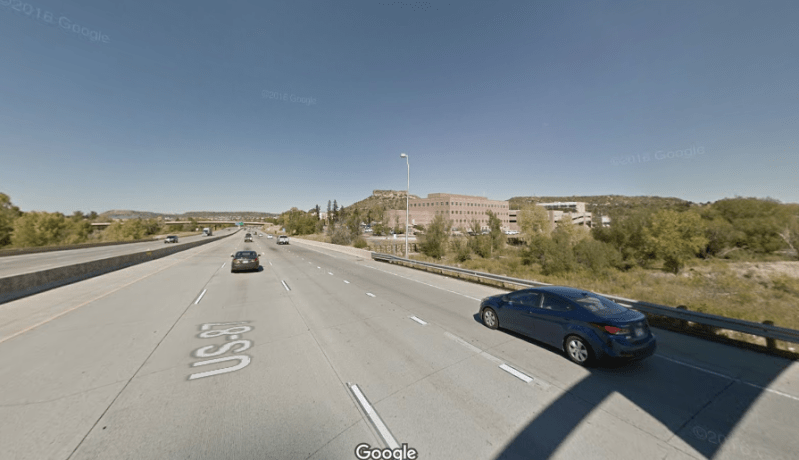It’s Probably Time to Plan a Denver-Centric Transport Measure

Legislators at the capitol may or may not pass a transportation funding bill that shorts sustainable ways of moving around in favor of more freeways. The tax, which barely throws transit, biking, and walking a bone, could be “doomed,” according to the Denver Post.
Doomed or not, the fight going on at the state legislature tells us that Denver’s local needs require a local funding measure — and that the Colorado Department of Transportation needs to seriously reorient itself to start fixing stuff instead of building more stuff to fix.
CDOT doesn’t have enough money to repair existing roads and bridges. Yet the agency wants more taxpayer money to induce more cars by widening I-25 and I-70 (just to give two examples).
Shortsighted lawmakers support this idea, because they think it will reduce congestion. History tells us otherwise. Drivers may save a few minutes at first, but more lanes inevitably fill up with more cars.
Denver leaders are working on plans to shed its car addiction. The Mile High City has decidedly urban needs — efficient intra-city transitways, bikeways, and streets that prioritize the 700,000 or so pedestrians who live here. Given the local control component of the tax bill’s current iteration, Denver streets could certainly benefit, but at what cost? We don’t know what would get cut in the general fund. Schools? Healthcare?
Mayor Michael Hancock was the subject of a profile in The Economist last March that outlined how Denver, and American cities in general, should distance themselves tactfully from anti-urban Trump administration policies. The same argument could be made for rural and exurban state priorities that don’t translate to the streets of the state’s economic engine.
From the piece:
Asked if the Democrats’ concentrated success in cities is itself a sort of trap, the mayor agrees. He urges Democrats to become “the metro party”. Politics, metro-style, requires appealing to moderates, liberals and even conservatives, he explains. For now, Mr Hancock is a big beast in municipal politics. If Democrats are smart, they will give him more room to roam.
Bruce Katz, author of “The Metropolitan Revolution,” ran with Hancock’s “metro party” idea in a recent column CityLab. Katz contends that American cities need an urban political party that transcends politics as usual to deliver the things that matter to metro areas. From that piece:
Metropolitan areas cannot descend into partisan gridlock; the stakes are too high. Progress must be made on issues where there is agreement and the best way to do that is to break free from the two party divide currently splitting the nation.The route back to political stability and sensibility runs through our cities and metropolitan areas—if they organize politically to make it happen.
There’s a reason a coalition of city leaders want the Hancock administration to find $40 million a year for walking and biking — that’s what Denverites value. After all, 66 percent of Denverites said they’d pay for the city to build out its bike network. The city will need much more funding to implement the administration’s Denveright transit overhaul as well.
Whether or not the state tax ends up passing, it’s time for Denver to think about funding city needs with city funds.


